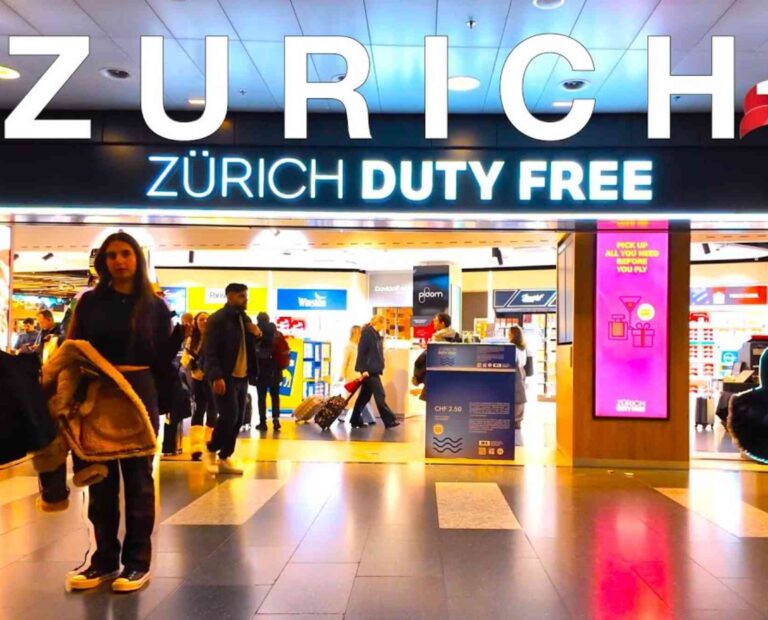The Eurozone, comprising 19 member states of the European Union (EU), stands as a testament to economic integration and cooperation. Within this union, the emergence of Eurozone Dubai as a significant player has reshaped the financial landscape, influencing trade, policies, and opportunities. Let’s embark on a comprehensive journey to understand the multifaceted aspects of Eurozone nations and the transformative role of Eurozone Dubai.
Understanding the Eurozone’s Fabric
Defining the Eurozone
At its core, the Eurozone represents a monetary union where member states have adopted the euro as their common currency. This integration fosters seamless trade and economic collaboration among nations.
Historical Context: From Maastricht to Modernity
The roots of the Eurozone can be traced back to the Maastricht Treaty of 1992, which laid the foundation for closer economic ties among European nations. Over the decades, the Eurozone has evolved, facing both challenges and opportunities in its quest for stability and growth.
Economic Landscape: Navigating GDP and Performance
The Collective GDP: Strengths and Variances
Eurozone nations collectively boast a substantial GDP, albeit with variations in economic performance across member states. Factors such as fiscal policies, structural reforms, and global market dynamics influence this economic diversity.
Trade Dynamics: Intra-Eurozone Relations
Intra-Eurozone trade forms the backbone of economic prosperity within the union. The seamless flow of goods and services among member states underscores the importance of trade relations in sustaining growth and stability.
Key Players: Influential Economies of the Eurozone
Germany: Economic Powerhouse
As the largest economy in the Eurozone, Germany wields significant influence over policies and initiatives within the union. Its robust industrial base and export-oriented economy contribute to both regional and global economic dynamics.
France: Balancing Tradition with Innovation
France, with its rich cultural heritage and dynamic economy, plays a pivotal role in shaping Eurozone policies. The nation’s emphasis on innovation and sustainable development resonates within the broader Eurozone framework.
Italy: Navigating Economic Challenges
Despite facing economic headwinds, Italy remains a key player in the Eurozone. Its diverse economic sectors and cultural heritage contribute to the union’s resilience and adaptability in the face of adversity.
Challenges and Opportunities on the Horizon
Fiscal Integration: A Continuing Journey
Achieving fiscal integration remains a formidable challenge for the Eurozone. Harmonizing fiscal policies and addressing economic disparities among member states are crucial steps toward fostering a more cohesive union.
Structural Reforms: Catalyzing Growth and Competitiveness
Implementing structural reforms is imperative to enhance the Eurozone’s competitiveness on the global stage. Investments in education, innovation, and infrastructure are essential for driving sustainable growth and prosperity.
Eurozone Dubai: Catalyst for Change
Economic Growth: A Thriving Hub
Dubai’s emergence as a financial powerhouse within the Eurozone has propelled its economic growth to new heights. The city’s strategic location, business-friendly environment, and world-class infrastructure have attracted investments and trade opportunities from around the globe.
Financial Services Sector: Driving Innovation and Connectivity
Dubai’s robust financial services sector serves as a catalyst for economic development within the Eurozone. The city’s well-established banking institutions, fintech ecosystem, and regulatory framework facilitate seamless transactions and capital flows across borders.
Trade Relations: Bridging Continents
Dubai’s strategic position as a gateway between East and West positions it as a linchpin for trade relations within the Eurozone. The city’s modern logistics infrastructure, free trade zones, and cultural diversity create an ideal environment for businesses to thrive and expand their global footprint.
Charting the Course for the Future
Sustainable Growth Strategies: A Collective Endeavor
Sustainable growth strategies are paramount for the Eurozone’s long-term prosperity. Embracing renewable energy, promoting innovation, and fostering inclusive economic development are key pillars for shaping a resilient and dynamic future.
Technological Advancements: Shaping Tomorrow’s Economy
Harnessing the power of technology is essential for Eurozone nations to stay ahead in an increasingly digital world. Investments in AI, blockchain, and green technologies are paving the way for a more sustainable and innovative Eurozone economy.
Embracing Change, Unlocking Potential
The Eurozone stands at a pivotal juncture, where challenges and opportunities intersect. By embracing collaboration, innovation, and sustainable practices, Eurozone nations, including Eurozone Dubai, can chart a course towards shared prosperity and economic resilience in the years to come. As the union continues to evolve, it is imperative to harness the collective strength and diversity of its member states to navigate the complexities of an ever-changing global economy.










